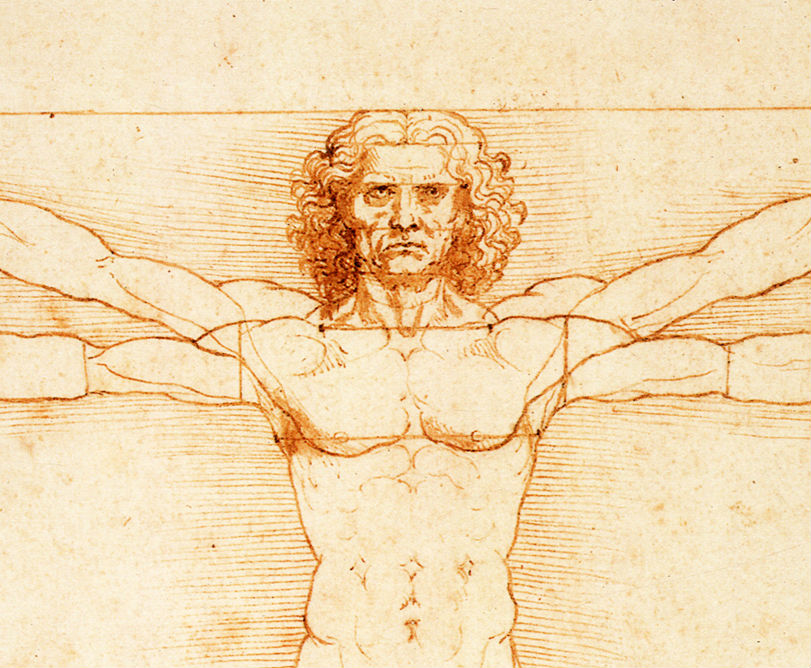
Does medicine have a telos?
A new edition of a prominent journal takes aim at teleology in medico-ethical theory.
Medical practice has changed rapidly in recent decades. Debates challenging essentialist conceptions of medical practice have proliferated in light of changing attitudes toward of euthanasia and suicide, transgenderism, assisted reproduction and other ethically contentious medical practices. A new edition of the Journal of Medicine and Philosophy attempts to grapple with these changes — and the entrenchment of pluralism in Western liberal democracies — by developing novel concepts of health, illness and disease that make no reference to the goals of medical practice.
Guest editor Adam Omelianchuk goes to great lengths to emphasise just how obsolete he believes the “old-fashioned” Aristotelian conception of health and disease have become:
The old-fashioned idea of health as being part of the fulfillment of human nature and constitutive of human flourishing is increasingly out of place in a world where individual selves are empowered to contract with others so as to satisfy their desires. Or in other, perhaps less tendentious words, a single unified concept of health is not at home within a pluralistic society with its competing visions of the good life.
In lieu of this outmoded account of medical practice, the authors propose a variety of accounts of health and illness that are unified by their mutual resistance toward some objective account of the ends of medicine. Bioethicists Mary Jean Walker (Monash) and Wendy Rogers (Macquarie), for example, argue against those who defend a rigid conception of disease, suggesting that “disease” cannot be classically defined in terms of a set of necessary and sufficient conditions. And De Paul University sociologist Black Hawk Hancock argues that Michel Foucault is essential for conceptualizing medicalization in our contemporary society.
Yet while the opponents of a traditional philosophy of medicine are becoming increasingly prominent in the literature, defenders of a teleological account of medical practice are attempting to consider how a concept of the good of the patient might be preserved in pluralist, 21st democracies. The journal Philosophy, Ethics, and Humanities in Medicine recently released a call for papers for an upcoming edition that will deal with this question and others.
Does medicine have a telos?
Xavier Symons
Creative commons
https://www.bioedge.org/images/2008images/leonardo-vitruvian-man-b.jpg
disease
health
hippocratic oath
philosophical bioethics
- Can machines be moral? - March 7, 2021
- Can we synthesise Christianity moral theology with secular bioethics? - November 28, 2020
- Euthanasia polling data may fail to capture people’s considered views - August 15, 2020
